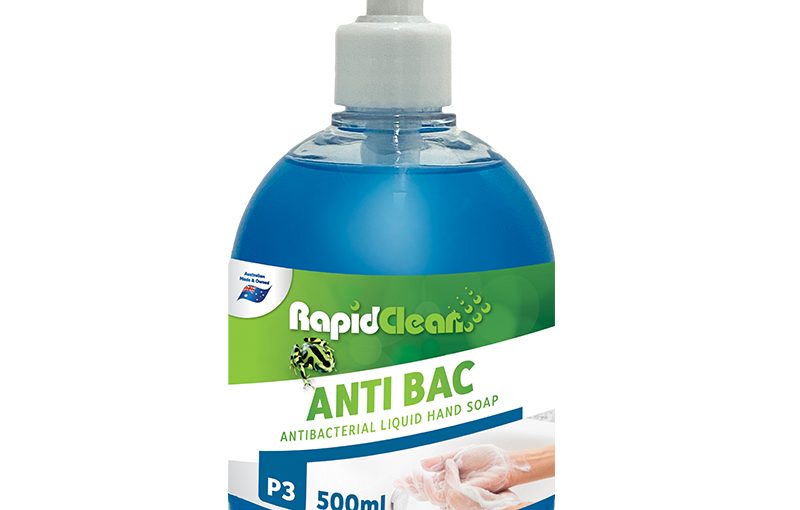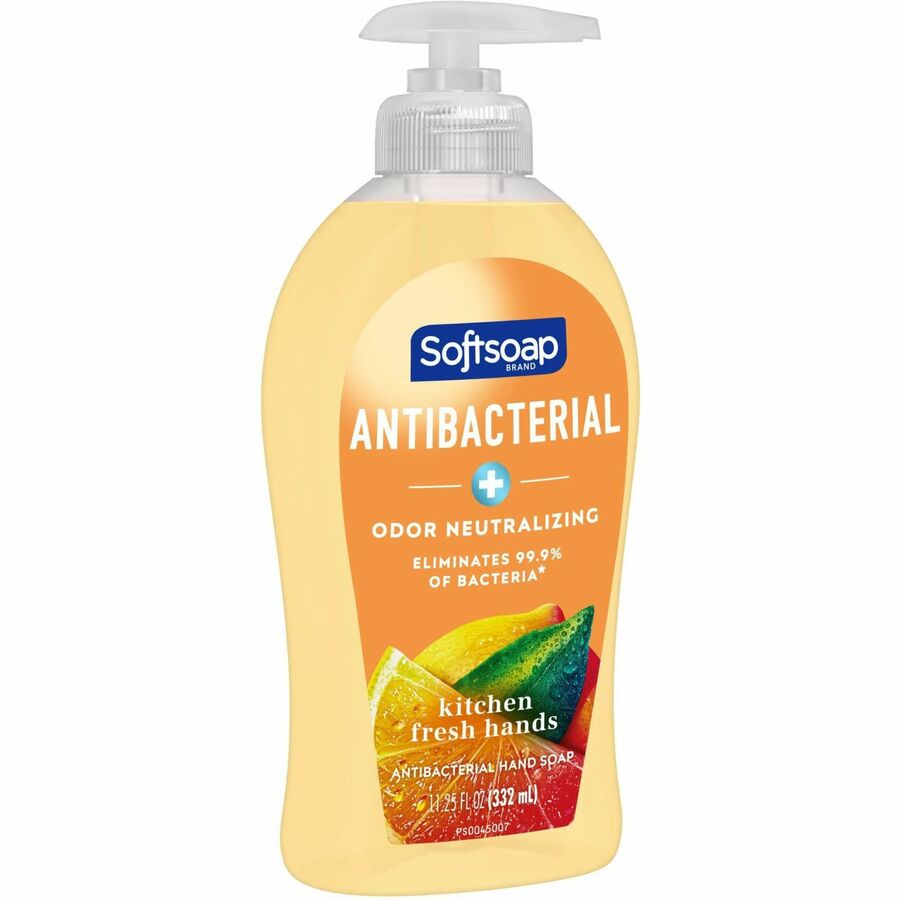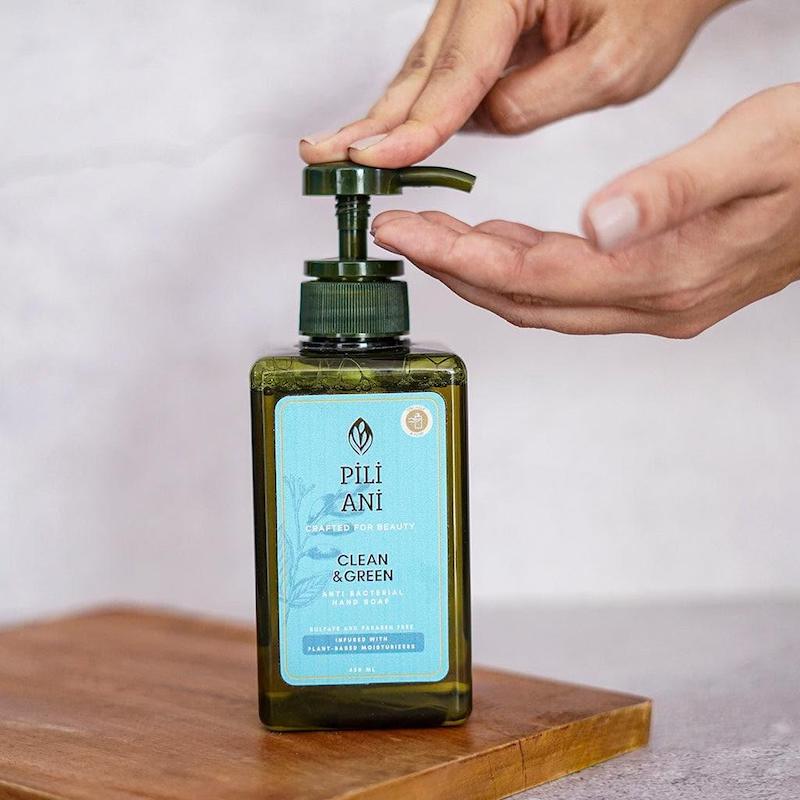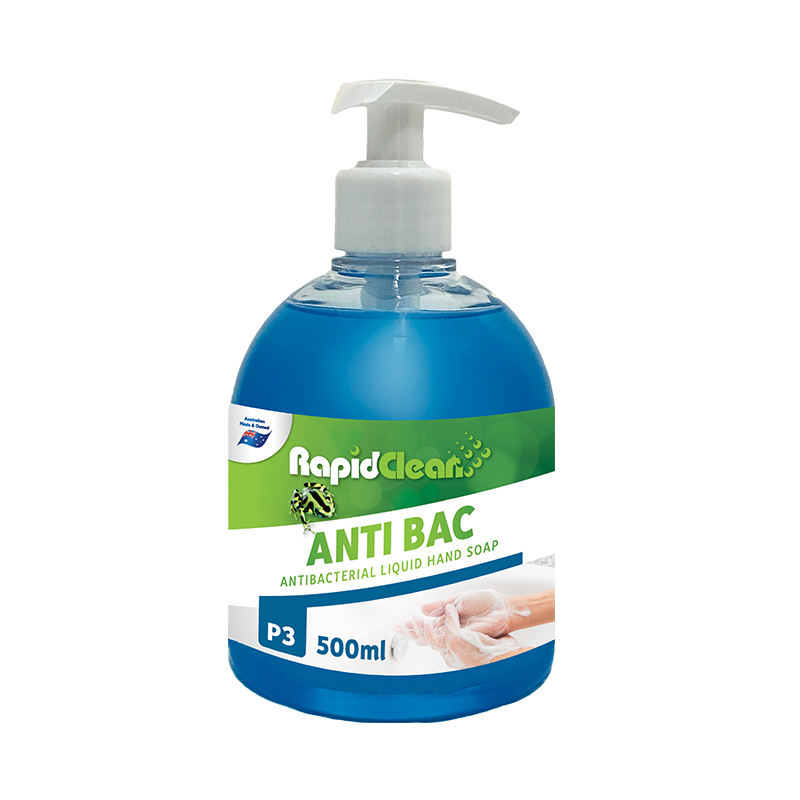The Importance of Antibacterial Hand Soap in Daily Hygiene
Maintaining daily hygiene is crucial for good health. Antibacterial hand soap plays a vital part in this routine. Here’s why it is important:
- Fights Germs Effectively: Regular handwashing with antibacterial hand soap can kill bacteria and viruses. This helps prevent the spread of illness.
- Promotes Healthier Communities: Using antibacterial hand soap reduces the risk of infections. It is key in homes, schools, and workplaces.
- Supports Personal Well-being: Keeping hands clean with antibacterial hand soap is essential. It defends against skin infections and promotes overall wellness.
- Easy to Use in Daily Life: Antibacterial hand soap fits easily into any routine. It offers a simple way to boost hygiene without extra effort.
Incorporating antibacterial hand soap into your daily hygiene regime offers many benefits. It is not just about keeping hands virus-free. It’s about protecting your health and the well-being of those around you. By using hand soap antibacterial products, you contribute to a healthier environment for everyone.
Key Ingredients in Antibacterial Hand Soaps
Antibacterial hand soaps contain specific ingredients to fight germs. Here are the key components:
- Triclosan and Triclocarban: Once popular in antibacterial soaps, they’re now less common due to FDA regulations.
- Benzalkonium Chloride: This ingredient is an alternative to triclosan. It’s effective against a wide range of microbes.
- Chloroxylenol (PCMX): Found in some antibacterial soaps, PCMX is another effective germ killer.
- Ethanol or Isopropanol: Alcohols like these can be found in hand sanitizers and some antibacterial soaps.
- Essential Oils: Natural options include ingredients like tea tree oil and thyme oil with antibacterial properties.
- Moisturizers: While not antibacterial, they’re important for skin health. Glycerin and aloe vera are common.
Each ingredient in hand soap antibacterial formulas has a role to play. They ensure that germs are eliminated effectively while maintaining skin health. With proper use, these active agents in antibacterial hand soaps help keep your hands clean and contribute to overall hygiene.
How Antibacterial Hand Soaps Work to Kill Germs
Antibacterial hand soaps are key for clean hands. They work by targeting and neutralizing harmful bacteria. Here’s the science behind their germ-fighting power:
- Disrupting Cell Membranes: Antibacterial agents in the soap can break down bacteria’s cell walls. This leads to the bacteria’s destruction.
- Denaturing Proteins: Some ingredients cause bacteria’s vital proteins to unravel. Without functioning proteins, bacteria cannot survive.
- Interfering with Metabolism: Certain components in the soap can halt bacteria’s metabolism. This prevents bacteria from growing or reproducing.
Hand soap antibacterial formulas use a mix of these methods. They ensure that harmful germs get removed quickly and effectively. Regular handwashing with these soaps stops germs from spreading. This helps keep individuals and communities safer from diseases.
It’s not just the killing of germs that counts. How quickly and effectively this happens is crucial. Antibacterial hand soaps are formulated to act fast. This makes them better than non-antibacterial soaps for some settings.
In short, antibacterial hand soaps offer a powerful shield against bacteria. By including them in your handwashing habits, you help maintain high hygiene standards. This is essential for staying healthy in today’s world.
Comparing Antibacterial and Regular Hand Soap
When choosing a hand soap, you might wonder about the differences between antibacterial and regular variants. Here’s a concise comparison to help you understand:
- Purpose: Antibacterial hand soap aims to kill or inhibit bacteria, while regular hand soap is designed for cleaning without targeting specific microbes.
- Ingredients: Antibacterial varieties include specific germ-fighting ingredients like benzalkonium chloride or chloroxylenol. Regular soaps rely on surfactants to remove dirt and germs without killing them.
- Effectiveness: Antibacterial hand soap is better suited for high-risk environments where preventing microbial spread is crucial. Regular soap is effective for daily dirt and grime removal.
- Usage: For general use, regular soap is sufficient and can prevent dryness with milder ingredients. Antibacterial soap is ideal for healthcare settings or when extra germ protection is needed.
- Regulations: Due to the presence of specialized ingredients, antibacterial soaps undergo stricter regulations. Regular soaps have fewer requirements.
Given the specifics, choosing the right soap depends on your needs. If you’re in a setting that requires stringent hygiene, hand soap antibacterial options are preferable. For everyday home use, regular hand soap does the job well. Remember, no matter which you choose, proper handwashing technique is key to maintaining cleanliness and health.
Best Practices for Using Antibacterial Hand Soap
To get the most from hand soap antibacterial products, follow these best practices:
- Use the Right Amount: A small squeeze is usually enough to create a good lather.
- Scrub Thoroughly: Rub your hands together for at least 20 seconds. Be sure to scrub between fingers, under nails, and up to the wrists.
- Rinse Well: After scrubbing, rinse hands under running water to remove all soap and trapped germs.
- Dry Properly: Use a clean towel or air dry. Wet hands can transfer germs more easily.
- Regular Interval Washing: Clean your hands at key times. After using the bathroom, before eating, and when you return home are critical moments.
- Use Hand Moisturizer: To prevent dry skin, apply moisturizer after washing. This can help protect your skin’s natural barrier.
- Educate Family Members: Teach kids and others the right way to use antibacterial hand soap. Good habits start with good information.
Using hand soap antibacterial wisely not just keeps germs away but also ensures skin care. Remember to use these soaps when they’re most needed to maintain health without overdoing it.
The Impact of Antibacterial Soaps on the Environment
Environmental impacts of hand soap antibacterial products are worth considering. Here is how they affect our planet:
- Chemical Runoff: Antibacterial agents can enter waterways after use. This can harm aquatic life and disrupt ecosystems.
- Biodegradability Issues: Not all ingredients in antibacterial soaps break down easily. This can lead to long-term soil and water pollution.
- Antibiotic Resistance Risks: Frequent use of antibacterial products may contribute to antibiotic resistance. This is a global health concern.
- Product Packaging: The plastic bottles that house these soaps often end up in landfills. This adds to the plastic waste problem.
- Natural Alternatives: More eco-friendly options are available. They use natural antibacterial agents and sustainable packaging.
Being aware of these environmental issues is crucial. As users, we can make choices that are better for both our health and the planet. Opting for soaps with biodegradable ingredients and using them wisely can minimize environmental harm. Companies are responding by developing greener formulations, reflecting a growing consumer demand.
Trends in Antibacterial Hand Soap for 2025
As we look ahead to 2025, the antibacterial hand soap market is evolving. Here are key trends to watch:
- Eco-Friendly Formulas: Consumers demand greener products. Brands are developing soaps with biodegradable ingredients and recyclable packaging.
- Natural Ingredients Surge: There’s a rise in hand soaps using natural antibacterials like tea tree oil. These offer gentler skin care and environmental benefits.
- Advanced Hygiene Technology: New technologies improve soap’s germ-killing abilities. Look for innovative formulations that work faster and more effectively.
- Smart Packaging: Soap bottles with smart features will remind users to wash hands. These may include timers or sensors that signal when it’s time for a wash.
- Focus on Moisturization: As frequent handwashing continues, soaps with built-in moisturizers are becoming more popular to prevent dry skin.
- Antibiotic Stewardship: There’s a push for soaps that reduce the risk of antibiotic resistance. Soaps with fewer but effective ingredients are gaining traction.
- Personalization: Expect to see soaps tailored for different skin types and preferences. Custom scents and formulas will cater to individual needs.
- Increased Transparency: Companies will disclose more about their ingredients and their impacts. This transparency is crucial for health-conscious and eco-aware consumers.
These trends show a market adapting to the desires for sustainability and advanced hygiene. Choosing hand soap antibacterial products in 2025 will mean balancing health, comfort, and environmental impact.
Choosing the Right Antibacterial Hand Soap for Your Needs
Selecting the ideal antibacterial hand soap involves several factors. Here are key aspects to consider:
- Skin Sensitivity: Opt for soaps with gentle ingredients if you have sensitive skin. Avoid products with harsh chemicals.
- Ingredients: Check the label for active antibacterial agents. Confirm that they’re safe and effective for regular use.
- Moisturizing Properties: Repeated handwashing can dry out skin. Choose a soap with moisturizers like glycerin or aloe vera.
- Eco-Friendliness: Prefer soaps with biodegradable ingredients. Consider the environmental impact of the packaging as well.
- Usage Frequency: Assess how often you’ll use the soap. High-contact professionals may need stronger formulas than home users.
- Antibiotic Resistance Concerns: Seek out products that don’t contribute to antibiotic resistance. This is vital for global health.
- Scent and Aesthetics: Personal preferences matter. You might enjoy scents or want dye-free options.
- Cost: Balance the benefits of the soap with your budget. Not all expensive soaps offer superior protection.
- Brand Reputation and Compliance: Research brands for their adherence to health regulations. Trusted brands usually meet safety standards.
By considering these points, you can choose a hand soap antibacterial that suits your needs, balancing health benefits with personal preferences.



